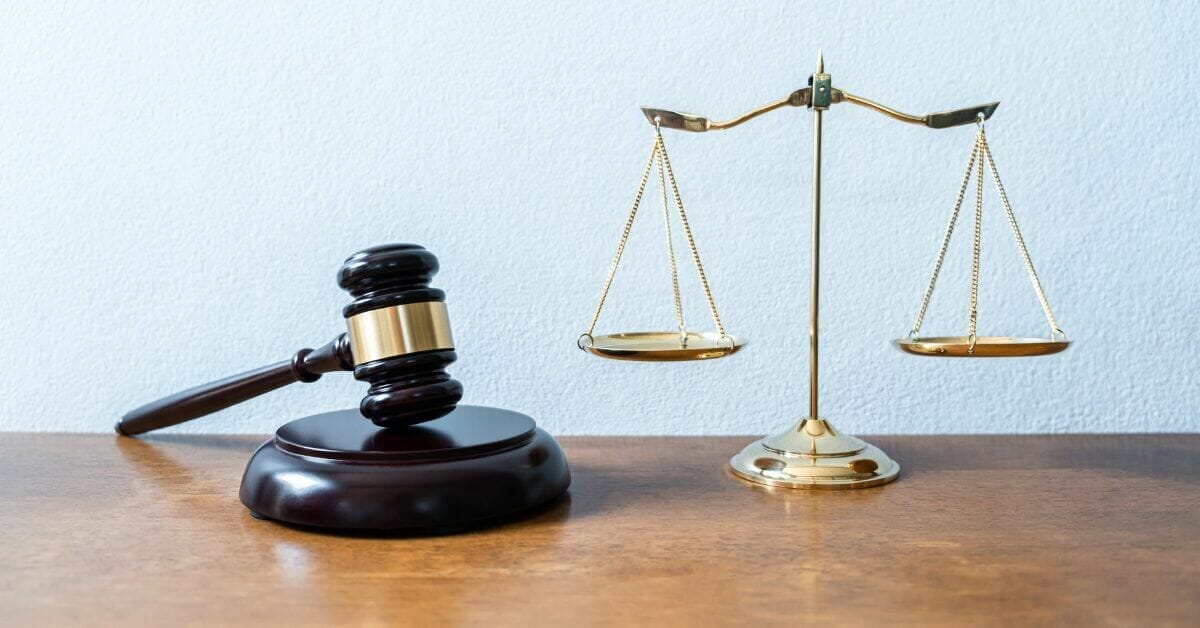The term treason has become an increasingly popular charge in this divisive political climate. While Texit advocates are the recipients of it at a higher than average rate, it has become far more common in federal partisan wrangling. Obama was accused of treason over the Iran nuclear deal and Trump has been accused of treason for his alleged ties to the Russian government. However, those who seem to be quickest to use the term seem to be most clueless as to its meaning.
Drawing from an English statute from 1351 that was created to limit the scope of treason, the framers of the United States Constitution included a specific definition in Article 3, Section 3, which stated that, “Treason against the United States shall consist only in levying war against them, or in adhering to their enemies, giving them aid and comfort.”
Recognizing that accusations of treason were often the tool of tyrants, James Madison explained the necessity to clearly define it in Federalist 43.
“As treason may be committed against the United States the authority of the United States ought to be enabled to punish it: but as new tangled and artificial treasons have been the great engines by which violent factions, the natural offspring of free governments, have usually wreaked their alternate malignity on each other, the Convention has with great judgment opposed a barrier to this peculiar danger by inserting a Constitutional definition of the crime.”
Treason is a criminal act committed by an individual, not a political body and, therefore, cannot be committed by a State. To continue to level the charge of treason, one must believe that the entirety of the population of Texas who would vote in support of Texit would be individually guilty of treason. This, however, completely ignores the constitutional definition of treason.
Such a vote is not levying war against the United States unless one considers casting a ballot as an act of war. Nor is it adhering to or giving aid and comfort to an enemy of the United States. If so, who would that enemy be? An enemy of the United States is someone who has been declared as such by the United States Congress, generally through a formal declaration of war. In this instance, North Korea might perhaps fit the bill, since the Korean War was never formally concluded.
According to Carlton F.W. Larson, a professor of law at the University of California at Davis, “Certain nonstate actors can also count as enemies, and terrorist groups such as al-Qaeda and the Islamic State probably fit the definition.”
Adhering to the enemy would mean that voting for Texit was, in fact, joining North Korea or the Islamic State. Giving aid and comfort would mean that voting for Texit was, in fact, providing concrete and material support to the same. Neither of these applies.





Login to leave a comment